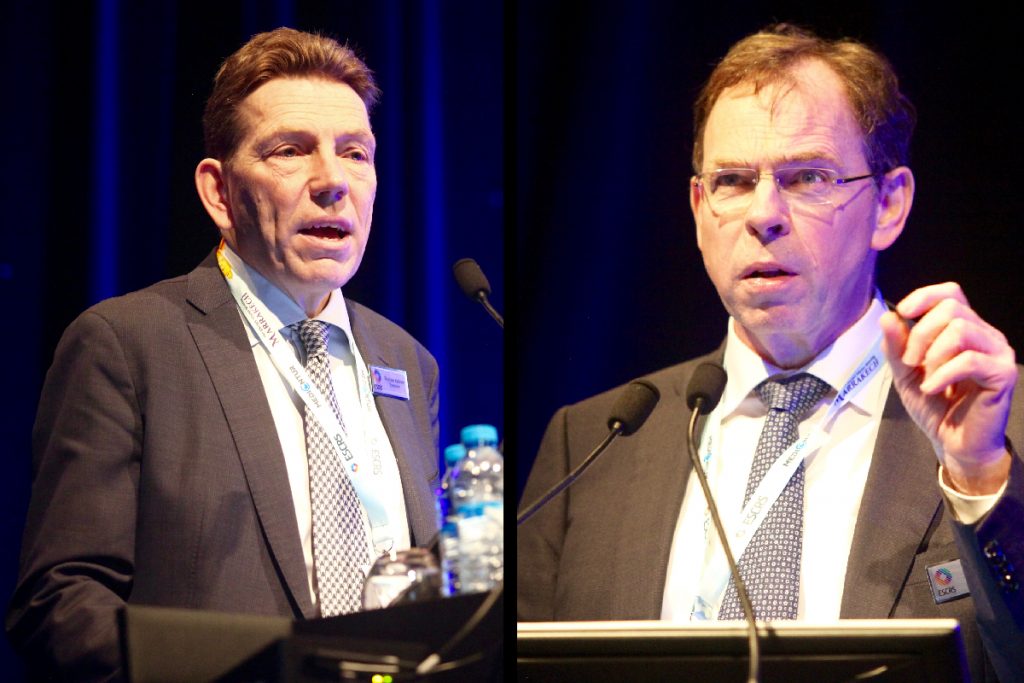Wide-ranging symposium examines how to get the best results with premium lenses
Toric lenses and premium IOLs discussed

Aidan Hanratty
Published: Sunday, March 1, 2020
 Achieving Optimal Cataract Refractive Outcomes with Presbyopia and Toric Lens Technologies was the subject of a wide-ranging lunchtime symposium at the 24th Winter Meeting of the ESCRS in Marrakech, Morocco.
Achieving Optimal Cataract Refractive Outcomes with Presbyopia and Toric Lens Technologies was the subject of a wide-ranging lunchtime symposium at the 24th Winter Meeting of the ESCRS in Marrakech, Morocco.
The symposium was moderated by ESCRS President Rudy MMA Nuijts MD, PhD, who introduced the session, and Thomas Kohnen MD, PhD. According to the results of the 2019 ESCRS Clinical Trends Survey, less than half of respondents were not using any toric or presbyopia-correcting intraocular lenses in their practice, said Prof Nuijts. Prof Kohnen said, however, that if cost were not an issue, 52% of respondents would use toric IOLs.
Weighing up the benefits against the potential drawbacks, Francesco Carones MD said that a compromise was to be sought between an increased quality of vision and total spectacle independence when choosing a presbyopia-correcting IOL. Oliver Findl MD said that doctors should be sceptical of measurements, using a variety of tests to confirm a diagnosis.
Filomena Ribeiro MD and Béatrice Cochener-Lamard MD spoke about how to turn unhappy patients into happy patients, offering tips on establishing the problem – from inadequate visual acuity to vitreous detachment. Prof Cochener-Lamard advised that the best form of workup in this regard was the same as any preoperative examination, using questionnaires, pinhole tests, slit lamp and topography, among others.
The symposium was supported by an unrestricted medical grant from Johnson & Johnson Vision and Alcon.